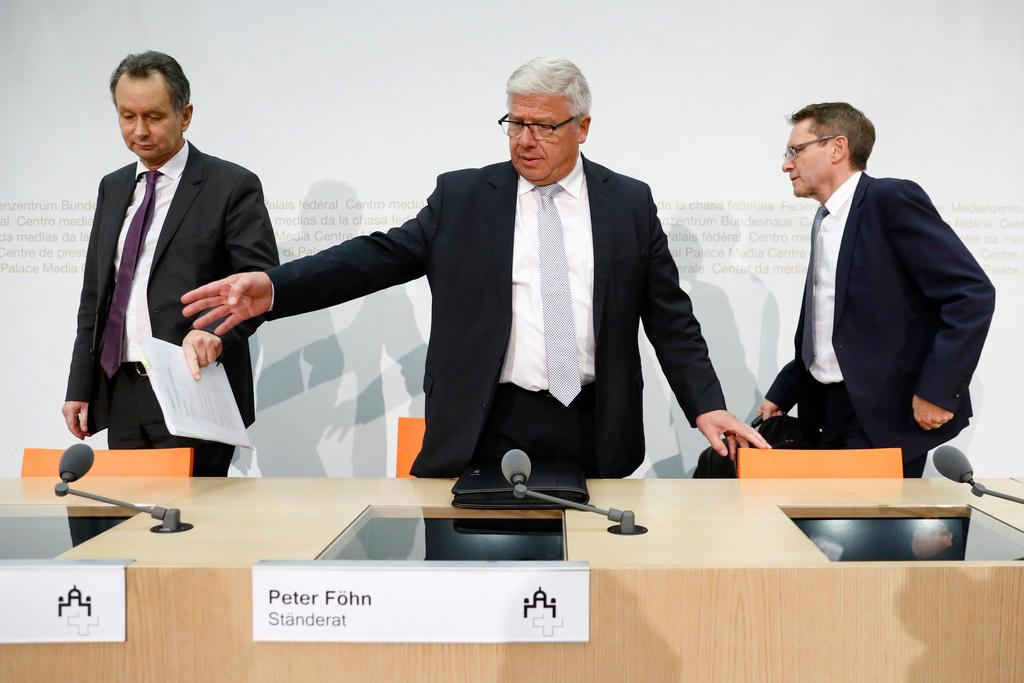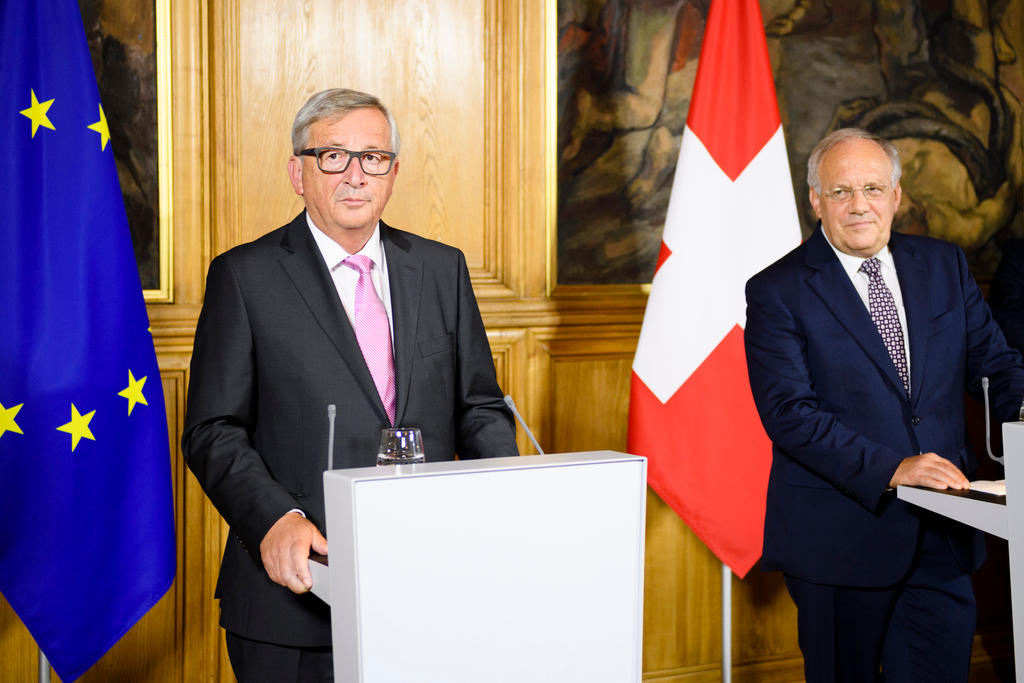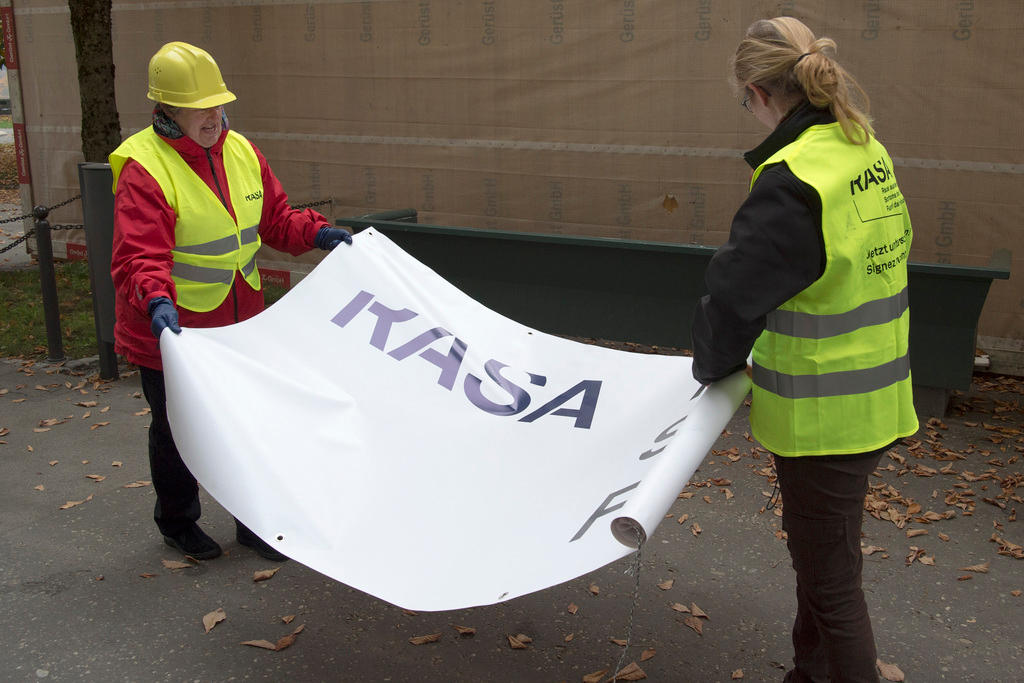Senate plans moves to apply immigration curbs

Parliament is inching towards the implementation of immigration curbs for citizens from the European Union following Swiss voters’ approval of restrictions put forward by the political right.
A Senate committee on Monday recommended adopting a proposal forcing companies to give priority to Swiss residents when hiring new staff, notably by inviting them to job interviews.
The proposal is slightly tougher than a plan approved by the other parliamentary chamber, the House of Representatives in September. The house only wants companies to report job vacancies to the authorities so they could consider further measures.
However, both proposals fall short of strict quota demanded by an initiative, approved by a small majority of voters in 2014.
The Senate is due to discuss the proposals during parliament’s winter session in December. Both chambers have to agree on the same solution to put into force the immigration initiative by spring 2017.
The rightwing Swiss People’s Party has slammed the Senate committee decision as a “betrayal of the political will of the people and the cantons”.
Several Swiss news sites reported live from the news conference on Monday afternoon underlining the public interest in a solution to break a stalemate in talks with the EU.
Policy tenet
The 28-nation bloc, Switzerland’s main trading partner, has made it clear that immigration restrictions are incompatible with one of its policy tenets – the free movement of people.
Critics have warned that the EU might retaliate against a unilateral imposition of any form of immigration curbs, allegations rejected by the People’s Party.
Brussels temporarily suspended Switzerland from a major EU research project and blocked political negotiations on other issues.
Non-EU member Switzerland has concluded more than 120 bilateral treaties with the 28-nation bloc, notably agreements on trade, labour and transport.

In compliance with the JTI standards
More: SWI swissinfo.ch certified by the Journalism Trust Initiative




You can find an overview of ongoing debates with our journalists here. Please join us!
If you want to start a conversation about a topic raised in this article or want to report factual errors, email us at english@swissinfo.ch.